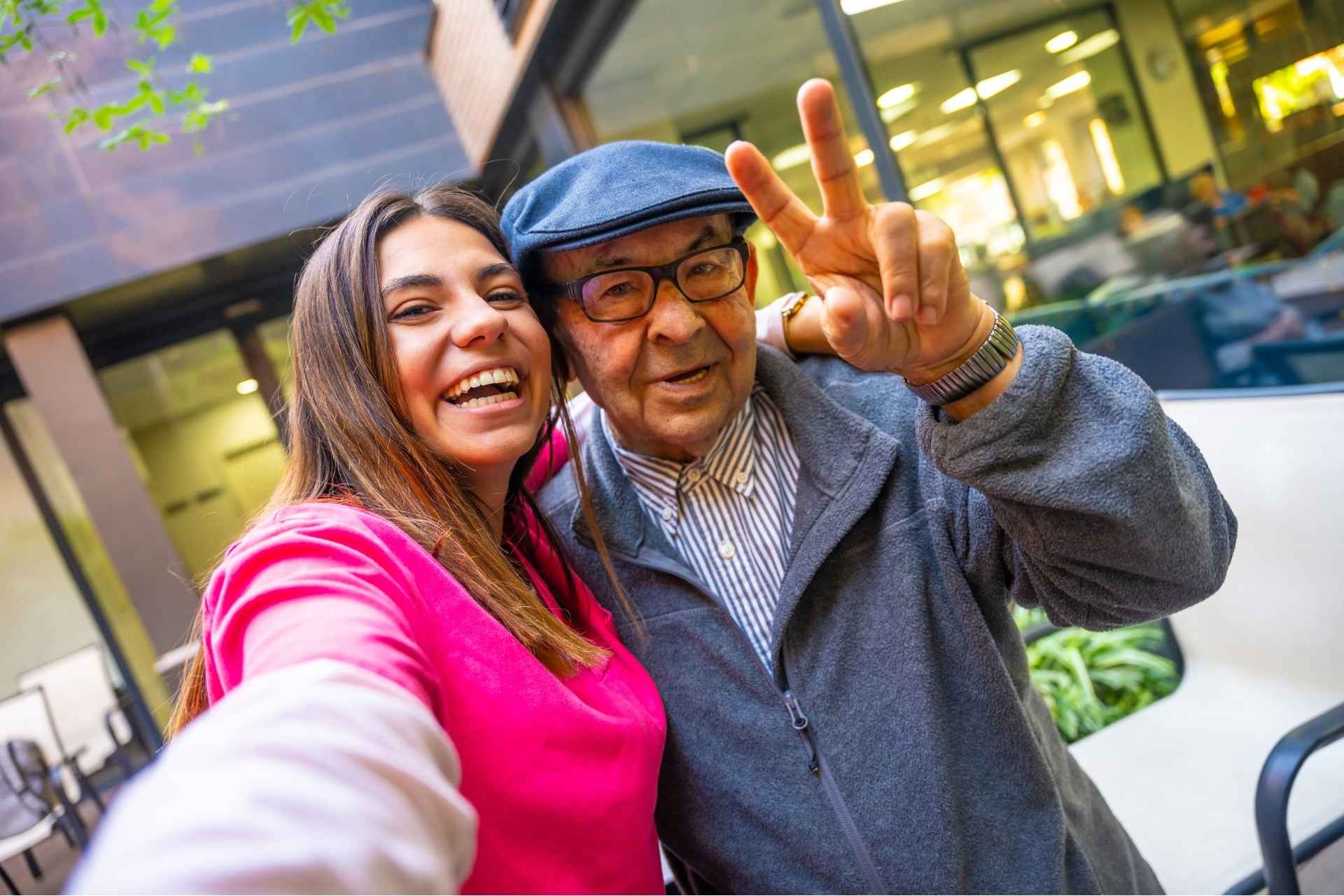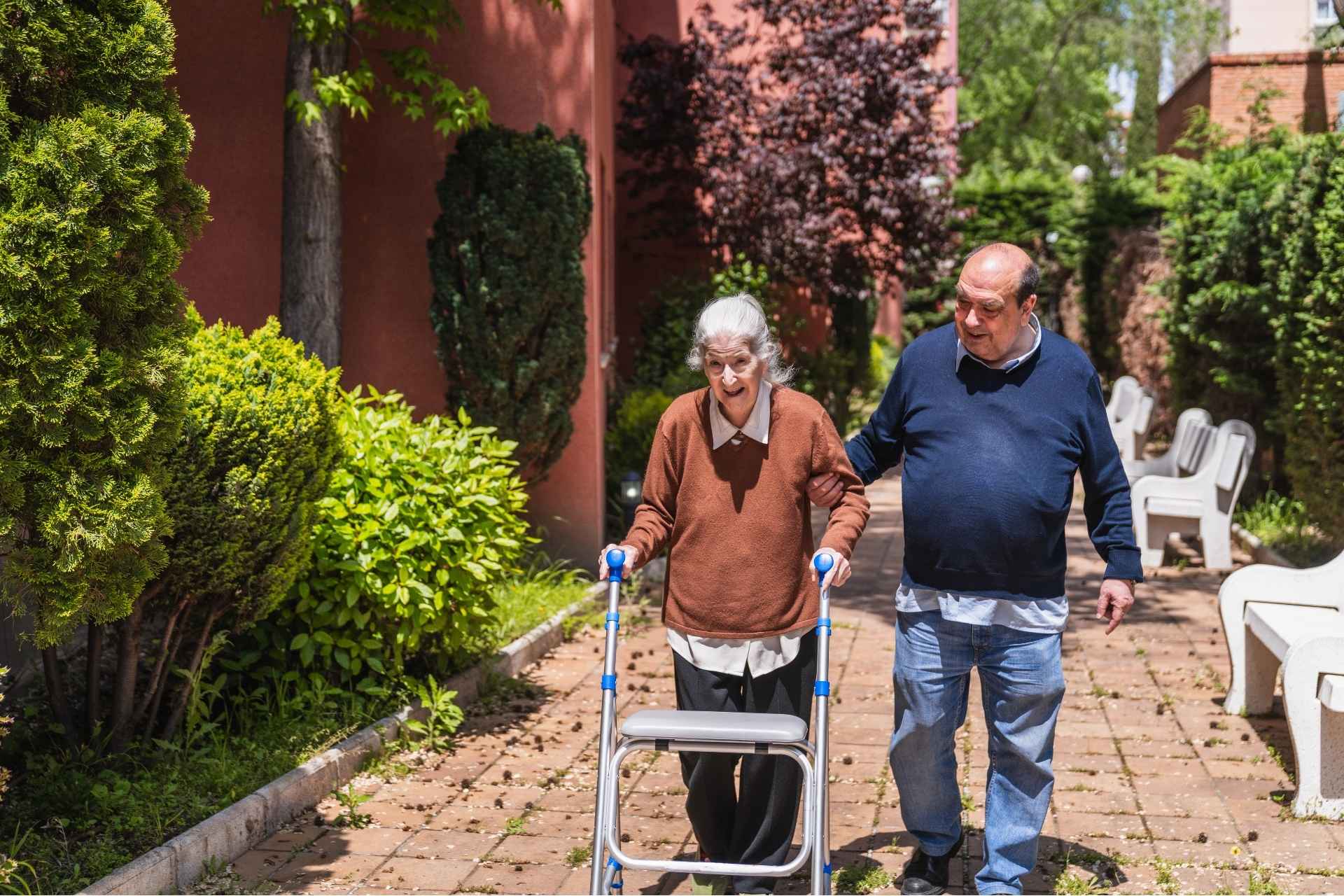Early Warning Signs of Dementia Every Family Should Recognize
Dementia is a common disease, yet its early signs can be tricky to spot. Find out what you should be watching for with this guide.
“Memory is the diary we all carry about with us,” Oscar Wilde famously said. But what happens when the ink in that diary begins to fade?
Sadly, about once every three seconds, somebody in the world is diagnosed with dementia.
Though this condition is often associated solely with forgetfulness, the reality is that it’s far more complex and impactful than just that. Understanding the early signs (and acting promptly) can make all the difference for both seniors and their families.
Early Signs Every Family Should Know
Dementia is not a single disease but rather a catch-all term for a range of conditions affecting cognitive function, including memory, reasoning, and the ability to perform daily tasks. It’s often mistaken for normal aging, but this assumption can delay much-needed action.
Currently, over 55 million people worldwide live with dementia, making it one of the most prevalent conditions among older adults.
Unfortunately, dementia’s early signs don’t always jump out at you. They often creep in subtly, masquerading as common signs of aging. That’s why so many people chalk them up to “just getting older.” Knowing what to look for, though, is half the battle.
Start by paying attention to short-term memory changes. Is your loved one suddenly forgetting conversations or struggling to recall names they’ve always known? Confusion with time or place is another red flag—like arriving somewhere at the wrong time or getting lost on a once-familiar route.
Struggling with daily tasks can also signal trouble. Maybe your mom, who once whipped up a perfect Sunday roast, now gets stuck halfway through the recipe.
And take note of mood or behavior changes. Are they more irritable or withdrawn? Struggling to communicate? These shifts aren’t just personality quirks—they’re clues that something deeper may be going on.
Of course, none of these signs alone confirm dementia, but a combination of them over time warrants further attention. Spotting these clues early could be the first step toward helping them maintain independence for as long as possible.
Why Acting Early Helps Everyone
Think of early action as your family’s best defense against the unknown. The sooner you act on those early signs, the more opportunities you have to create a meaningful care plan.
Medications or therapies are important too, as they can slow the progression, but early diagnosis is also about creating a path forward with hope intact.
ead of dementia’s impact also reduces caregiver stress. Being prepared means fewer surprises along the way, which makes the road a little smoother for everyone.
Beyond logistics, acting early strengthens your ability to preserve family connections and make sure those key moments together remain as meaningful as possible.
Finding Help and Support
Caring for someone with dementia isn’t a solo act, nor should it be. The emotional toll can be heavy, especially when you don’t know where to turn. That’s why understanding and compassionate care aren’t just gestures— they’re lifelines.
Start by equipping yourself with knowledge. Learn about dementia’s impacts, and arm yourself with strategies for providing care. Engaging with local support groups can also help; hearing from others in similar situations reminds you that you’re not alone in this.
For a more specialized approach, resources like memory care programs and communities are invaluable. At Priority Life Care, we’re here to help families find peace and clarity through tailored memory care. Whether it’s understanding the next steps or finding the right community, our professional guidance and care options will help you make the best choices for your loved one.
Take the Next Step Toward Peace of Mind
You’ve seen the signs. You’ve started asking questions. Now it’s time to act. Priority Life Care is here to provide expert insights and compassionate support to guide your family through this challenging time.
Contact us today to explore dementia care options that meet your unique needs. Peace of mind is just a conversation away.











